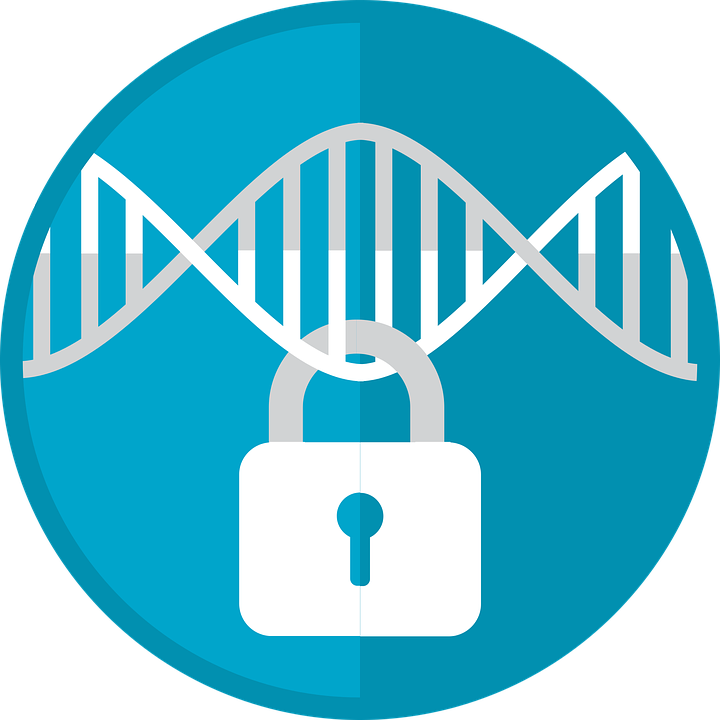You Discovered Your Genetic History. Is It Worth the Privacy Risk?
By Monica Rodriguez,
Fortune
| 09. 10. 2018
Kylie Charles spent years carefully weighing the pros and cons of genetic testing until her curiosity got the better of her. The 36-year-old writer yearned to know more about her distant father and his family history. All she knew was what he had told her, and it wasn’t much. It had been nearly 14 years since he last wrote her, and years more since they spoke, when Charles chose to carve out the missing fragments of her genetic history for herself.
While the process of producing a sufficient saliva sample and sending it off was tediously routine, Charles was unusual among the millions looking for answers about their family history in wanting to know what could happen to her DNA data after all is sequenced and settled.
Charles, who asked to use a pseudonym to protect her anonymity, is not your average consumer. She was so concerned about maintaining her privacy that when she finally settled on using AncestryDNA, a subsidiary of Ancestry.com, in March, she did so under a fabricated name for fear that her genetic information might somehow...
Related Articles
By David Jensen, California Stem Cell Report | 02.10.2026
Touchy issues involving accusations that California’s $12 billion gene and stem cell research agency is pushing aside “good science” in favor of new priorities and preferences will be aired again in late March at a public meeting in Sacramento.
The...
By Teddy Rosenbluth, The New York Times | 02.09.2026
Dr. Mehmet Oz has urged Americans to get vaccinated against measles, one of the strongest endorsements of the vaccine yet from a top health official in the Trump administration, which has repeatedly undermined confidence in vaccine safety.
Dr. Oz, the...
By Leah Romero, SourceNM | 02.06.2026
An historical poster from 1977 created by Rachael Romero for the
Wilfred Owen Brigade in San Francisco, California. (Library of Congress)
Members of the New Mexico Legislature’s House Government, Elections and Indian Affairs Committee advanced a memorial Friday that calls...
By Pei-Chieh Hsu, Taiwan Insight | 02.02.2026




